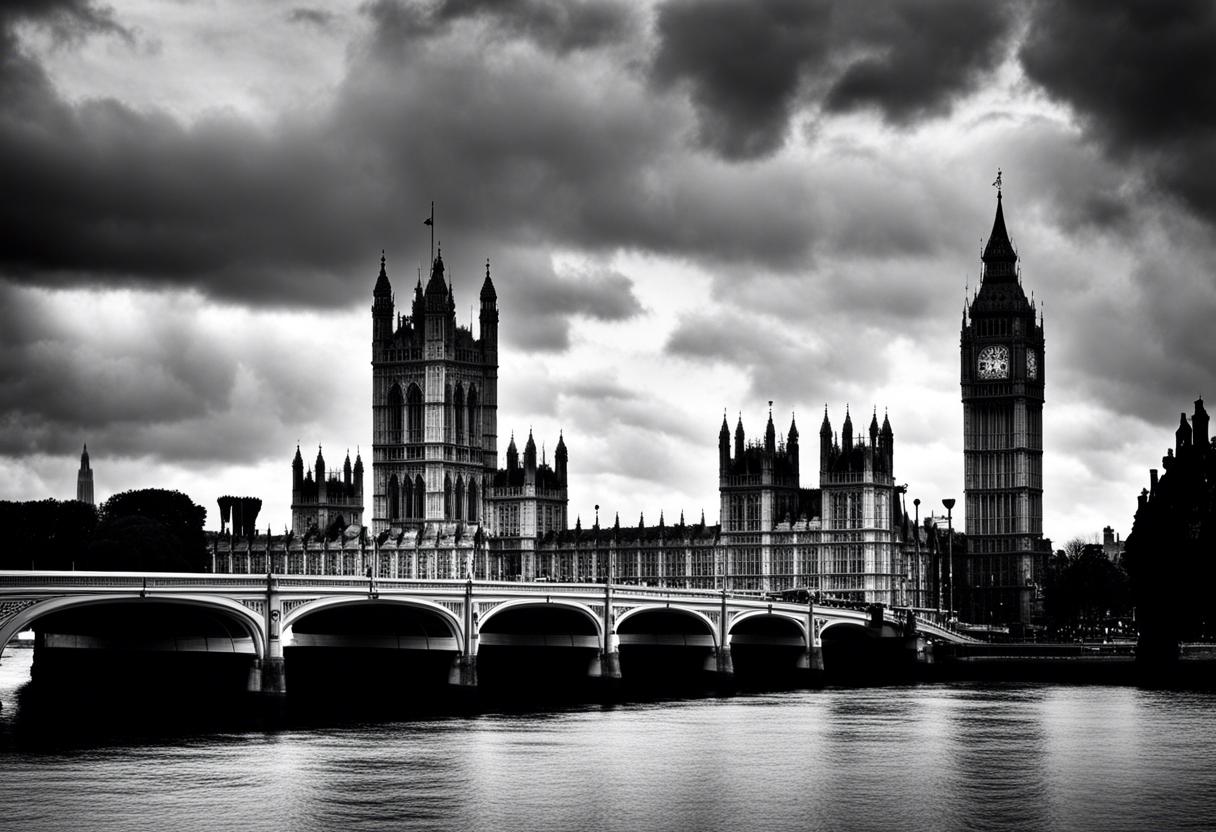Despite attempts at expectations management prior to the election, the Tories and UK Prime Minister Rishi Sunak had no way to conceal the devastating losses they suffered in the recent local, mayoral, and police commissioner elections, as well as in one isolated parliamentary byelection held across various counties in England and Wales. The results confirmed their deepest fears regarding the continuous growth of the Labour party and its potential to secure a majority in the impending general election.
The Tories ended up losing over 470 of the 2,600 local council seats that were contested. Moreover, they met defeat in several significant mayoral races as the counting went on over the weekend.
A marked shift of 26 percent towards Labour in Blackpool South showcased Labour’s strongest byelection outcome since the World War II period. It was only second to Dudley in 1994 and Wellingborough in February. This wasn’t a one-time occurrence, as out of the five byelections held during this current Parliament term, more than 20 percent remarkably shifted allegiance to Labour. The Tories were also under considerable pressure from the Reform Party, formerly known as the Brexit Party, which missed taking the second place by just 17 votes.
This strong performance is likely to be a delight to the Reform Party and will probably put more pressure on the Tories to shift rightwards. This scenario may severely impact the Tories’ chances in the upcoming general election by dividing their votes and thus, unintentionally giving many seats to Labour. However, it’s worth noting that this doesn’t necessarily mean they’ll gain many seats themselves.
The Labour Party also experienced the effects of an unusually high number of non-mainstream splits in voting. The Greens and Independents made a significant impact, in part due to some voters’ dissatisfaction with how Labour has handled the Gaza situation. With both leading parties feeling the string from their margins, these elections were more than just a simple reflection of the public sentiment, but are likely to lead to even greater political polarization.
However, any potential threats to Sunak’s leadership remain unlikely for now. It seems that even those on the far right accept that the Tories’ considerable losses suggest another leadership contest would only damage the party’s reputation further.

